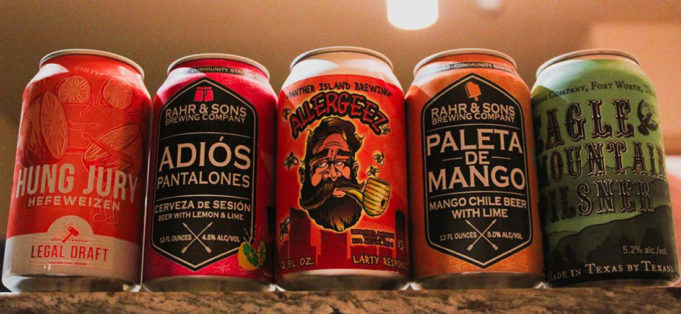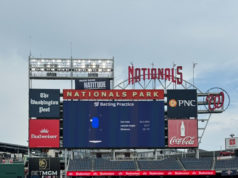History will tell, but after picking fights with every non-Norwegian country, Donald Trump may regret the day he went toe to toe with craft beer drinkers.
Citing executive authority given under Section 232 of the Trade Expansion Act of 1962, the Trump administration announced tariffs on imported steel and aluminum last March. The original intent of Section 232, according to the Department of Commerce, is to give the president the ability to “address any threats to national security by restricting imports through tariffs.”
For many trade policy experts, the national security issue is being used as a cover for the Trump administration’s trade war with China. There is a significant trade imbalance between our two countries, as questions over China’s respect for U.S. intellectual property rights linger, but a growing number of American business owners say the tariffs are having unintended consequences here at home.
More than 20,000 tariff exemption requests have been filed so far, according to Commerce Secretary and famous grifter Wilbur Ross. In that long line of concerned businesses is Bob Pease, CEO of the Brewers Association. “Tariffs equate to an unexpected new tax on the beer industry, which is already a heavily taxed and regulated industry,” Pease told me in a phone interview.
Pease noted that the price hikes on aluminum come on the heels of a legislative victory for the craft beer industry. Included in last year’s Tax Cuts and Jobs Act was a two-year reduction in the federal excise taxes paid by beer breweries. Rabbit Hole head brewer Matt Morriss recently said that those tax cuts would provide an “extra $4,000 for staffing and new equipment” (“Going Flat” February 21). Pease believes the tariffs will negate much of that progress. Indeed, many beer trade groups and brewery owners predict massive profit losses and even layoffs because of the ongoing trade war. The Beer Institute, which represents craft breweries and macrobrewers, recently announced that the tariff will cost the U.S. beer industry around $350 million a year.
“We’re starting to get specific reports from brewers [who say] their suppliers are seeing prices increasing 6 to 12 percent on aluminum purchases,” Pease said. “It’s significant for sure. I think the big question is: How long do the tariffs stay in place?”
Trump administration officials seem nonplussed over the concerns. Last March, Ross appeared on CNBC with a can of Budweiser in hand and dismissed the outcries as “much ado about nothing.” Pease noted that even a price hike of one penny per can means a $10,000 hit for a small business that purchases 1,000,000 cans, an order that is not unusual. Pease said he has personally met with several U.S. Senators and Congressmen to push for an exemption for the beer industry as a whole. With the current backlog of tariff exemption requests, he understands that a legislative fix may not come as soon as many in the beer industry would like.
“Unfortunately, Congress doesn’t have a whole lot of sway here,” he said. “It’s the executive branch that needs to take action. We support free trade. We hope both [the United States and China] come to a mutually acceptable agreement, so industries like small brewers don’t become unintentional collateral damage.”













bottles?